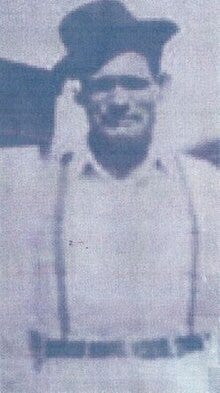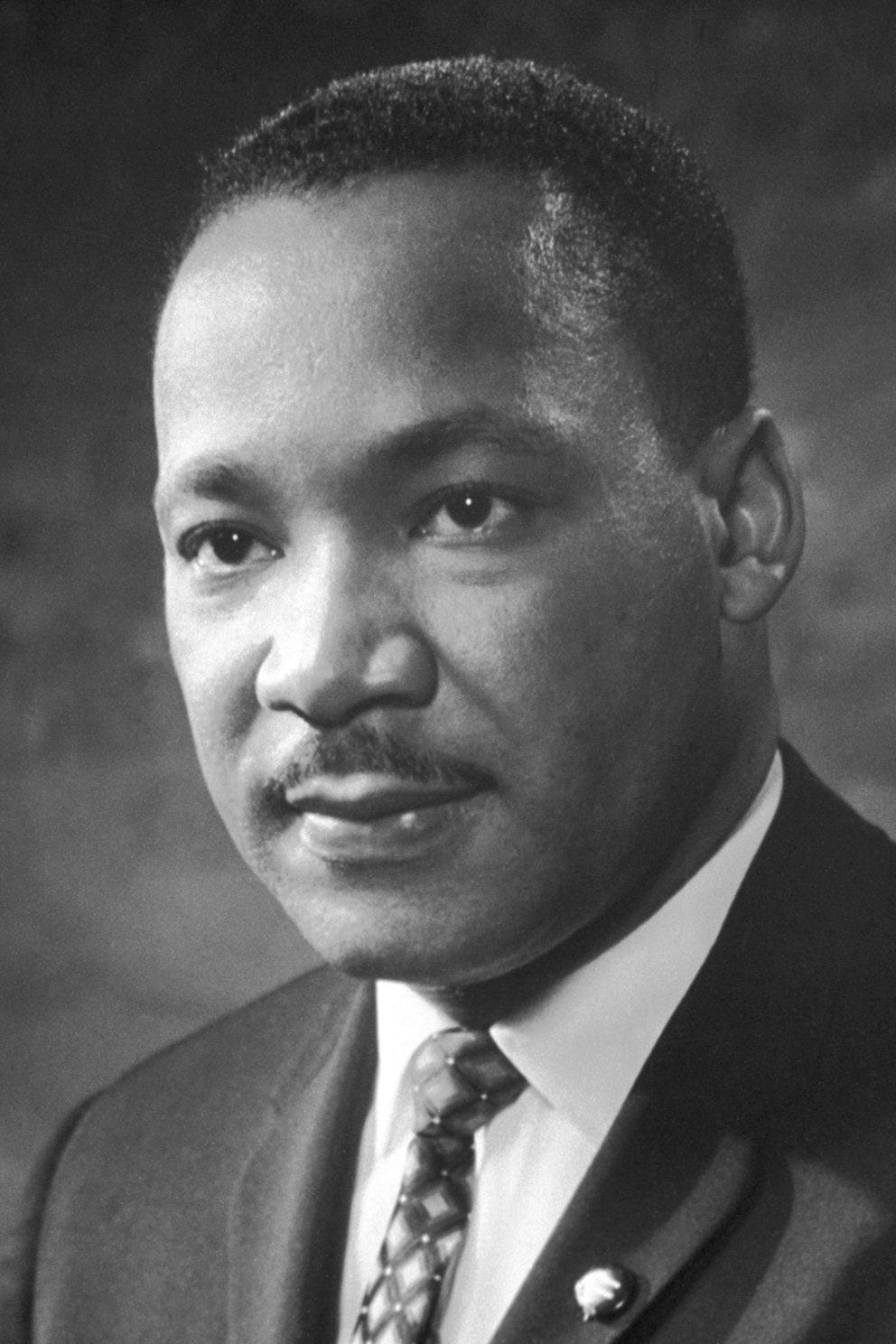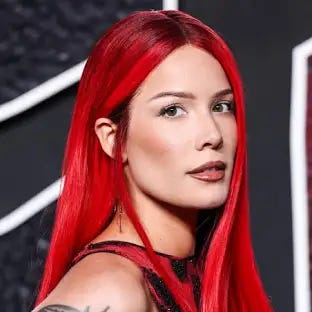Ambiguous People
By W. F. Twyman, Jr.
[Introduction: This morning, I was taping a podcast with my Free Black Thought podcast co-host Michael Bowen and the Woman from Harvard came up. I have fond memories of Carmen from the 1980s and early 1990s. In a world of racial boxes, I like people who cannot be placed into neat and tidy racial boxes. Ambiguous people are interesting to me. This essay came to mind as I thought about the nuance and complexity in Black identity.]
“Do you want to see a picture of the grandfather of Dr. Martin Luther King, Jr.? What do you think Grand Daddy King looked like?” I am always intrigued by the unexpected. And I wanted to size up my wife’s racial GPS mindset. Eager to reveal all, I showed my wife a picture of Dr. King’s grandfather.
“Oh, he’s a white man,” she said. No, he was not which lit the fuse for this essay.
There is no one way to look black. There are over 40 million ways to look black. My wife should appreciate this truism (cough, cough). If gender is assigned at birth but can be transcended by self-identity, then race is assigned at birth and can be transcended by self-identity. Self-identity as a black individual is fluid identity.
In reality, Dr. King’s grandfather, was James Albert King. James King’s father was Irish. His mother was a free black. I am not going to lie or sugar coat Grandfather King. James King was an alcoholic. He struggled with the bottle. He worked as a sharecropper down in Georgia. And he did not approve of his son attending church. The father of Dr Martin Luther King, Sr. did not approve of church attendance. The grand gap between Grandfather versus Son and Grandson reveals the power of agency in one’s life and the genetic lottery wheel of life.
My wife has a running image in her mind of what a black man looks like. Dr. Martin Luther King, Jr. looked like a black man. Dr. Martin Luther King, Sr. looked like a black. But Grandfather James Albert King? There be a white man! What do you think, readers? How does your mind process the image of the founding father of the King family?
Grandfather James Albert King (1864-1933)
Grandson Dr. Martin Luther King, Jr. (1929-1968)
=========
The following video clip highlights 20 celebrities who are ambiguous and black in identity. My favorite ambiguous celebrity is Halsey. Halsey’s mom is Italian and Hungarian. Her dad is black American with a dash of Irish ancestry in the past, just like the King family and my family and most black American families. I love how Halsey looks one way but her self-identity is something else. This ambiguity is the way of the future as more children and grandchildren marry people from other ethnic groups and races. The day when we can no longer peg someone’s racial box upon sight will be a beautiful moment in American racial history.
First, a link to the song Closer which is how I first discovered Halsey. I was driving my teenaged daughter over the hill and down the way to the beautiful Pacific Ocean and Halsey blessed us with her vocals….on second thought, the video is a little risqué but you all know how to google….
Halsey
The Racially Ambiguous Ones (P.S., Anthony Hopkins is not Black but he played a black man passing for White in The Human Stain.)
=========
Someone once said to me that Blackness equaled culture. Michael and I touched upon this shibboleth in our podcast taping this morning. It is not true you know. As my readers have read over the course of my 600+ essays, blackness and culture are not synonymous. A child of San Diego is not a child of Atlanta. A child of La Jolla is not a child of Richmond. A child of the 1930s is not a child of the 1990s or the 2000s. The rules of culture and all one has known don’t magically wipe away under Blackness. Some things should be self-evident.
Suppose one grew up in elite private schools because Mom and Dad wanted the most challenging environments for one’s daughter. That daughter will be more comfortable at St. Paul’s School in New Hampshire than a walk up in Harlem. This cultural divide should be a mystery to no one. What happens, however, is the daughter grows up feeling distant from “one’s people.” Who Are My People? The daughter romanticizes black culture, wants to experience what she has been missing. I recognize the pattern. My Beloved Cousin grew up in affluent Midlothian, Chesterfield County, Virginia but craved black people in the neighboring city of Richmond.
So, what happens when the daughter of Malibu or Sausalito turns her back on the boring small town of her childhood and decides to live in vibrant black culture of the ghetto? View this video and catch a glimpse of the future for our Jack and Jill legacy….
Storytime About When I Lived in the Ghetto
Conclusion: As a Dad, Black identity can be frustrating at times. One spends hours researching the top private schools on the West Coast before one’s children are born. Why? One wants the absolute best education possible for one’s children’s. One might be a graduate of, I don’t know, Salem Church Junior High and Thomas Dale High School in a small-town suburb. One grew up feeling one’s education was less than the private schools like St. Christopher’s or St. Catherine’s in Richmond. One never knew those private schools but one’s children will. One vowed to make this future happen at the library one day in Alexandria, Virginia.
After 12 years of private school tuition and all the rest, one’s daughter has experienced what one never experienced. The sinking sensation appears. One realizes one’s children don’t feel the same way. They have only known the schools they have known. They have never known anything else. What they do not know is the Big City with vibrant Black culture. One as a Dad feels the opposite. One’s parents made the great escape out of the city in the Black flight of 1970. What a kick in the tail to have one’s young adult child craving what their grandparents left behind.
So, one reflects upon life and whether black culture will prove a disappointment for one’s children. Will it take ten or so years for a daughter to learn the lessons of a grandmother in the 1960s and 1970s? Time will tell. Black culture was never urban, inner-city culture for me. I am an ambiguous person.
“This is how I felt when I was a kid… I really wanted to be exposed to more of the Black culture. The good part and the bad part. I felt like it was this part of the forbidden fruit. — Exoticals United quote from video Storytime About When I Lived In The Ghetto, January 5, 2025





I have always always always said that our skin pigment should not matter.
It should all come down to our character!